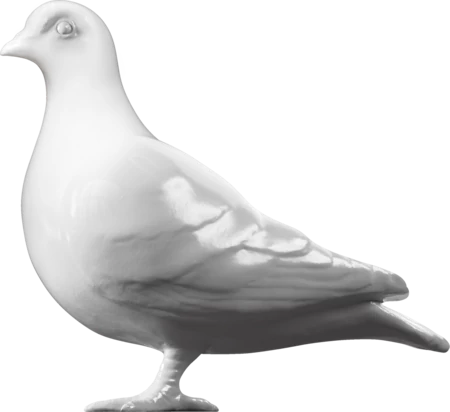Printed Ephemera — 1870
Confession & Execution of M. Waters, The Baby Farmer, at Horsemonger Lane Gaol, on Tuesday October 11th
Execution broadside printed with an account of the crimes and execution of Margaret Waters at Horsemonger Lane Gaol, on Tuesday October 11th 1870. Waters was a 'Baby Farmer' and, as the broadsheet states, was probably to blame for the deaths of many children in her care, although the she was found guilty of just one death - that of a child named Cohen in Brixton. The broadsheet also includes a verse about the crime. At the bottom has been handwritten 'Because this woman killed a child or children, she was hanged. Scoundrel kings murder thousands; and are praised! Where is the morality'. 'Baby farmers' acted as foster carers, for an up-front fee from Mothers unable to look after their children. Although many acted in good faith the practice was often exploitative. It was not always in the baby farmer's financial interest for children left in their care to survive. Margaret Waters and her sister Sarah Ellis were arrested as the result of an investigation by Sergeant Richard Relf into the death of 18 infants found in Brixton. When police went to the home where the sisters lodged they found nine babies, five of them dying from malnutrition and opium poison. Although Waters was hanged, Ellis escaped with a sentence of 18 months hard labour. As a result of the case the government passed the Infant Life Protection Act that required baby farmers to register with local authorities. The act did not, however, prevent the future abuse and murder of infants by baby farmers.
Although public executions ended in 1868 execution broadsides printed with an account of the crimes, trial and execution of notorious criminals remained popular with Londoners. Broadsides were primarily published by a small number of printers many of whom, such as Thomas Birt, James Catnach and James Pitts were based around the Seven Dials area of London. Spelling and grammar was often poor and the details not always accurate. Although usually printed between the end of the trial and the date of the execution (usually a gap of a few weeks) they could often be quickly changed to accomodate last minute information such as reprieves and dying confessions. The printers often used battered woodcuts, and, for the gallows scene used a stock block with a pierced central section to allow the sex and required number of hanging figures to be changed as required.
- Category:
- Printed Ephemera
- Object ID:
- 2002.76/50k
- Object name:
- Confession & Execution of M. Waters, The Baby Farmer, at Horsemonger Lane Gaol, on Tuesday October 11th
- Object type:
- Artist/Maker:
- —
- Related people:
- Related events:
- Related places:
- Production date:
- 1870
- Material:
paper
- Measurements/duration:
- H 499 mm, L 190 mm (overall)
- Part of:
- —
- On display:
- —
- Record quality:
- 100%
- Part of this object:
- —
- Owner Status & Credit:
Permanent collection
- Copyright holder:
digital image © London Museum
- Image credit:
- —
- Creative commons usage:
- —
- License this image:
To license this image for commercial use, please contact the London Museum Picture Library.
